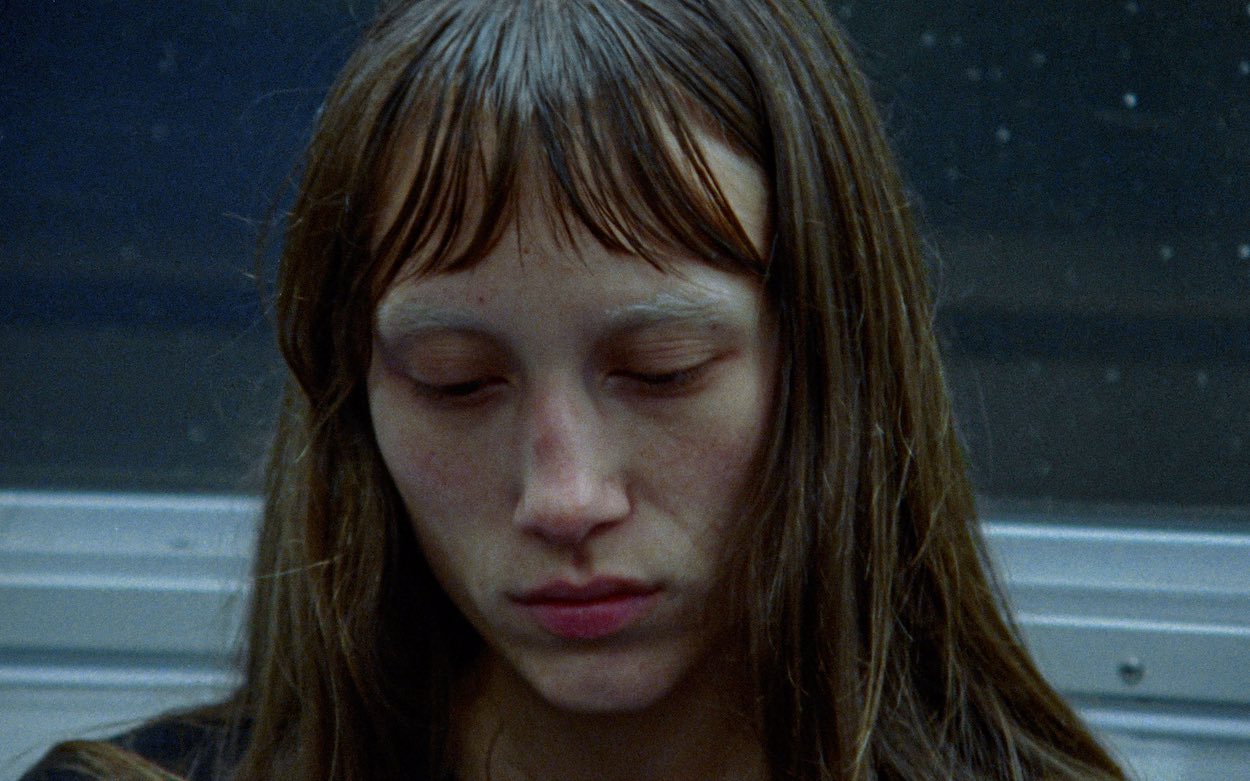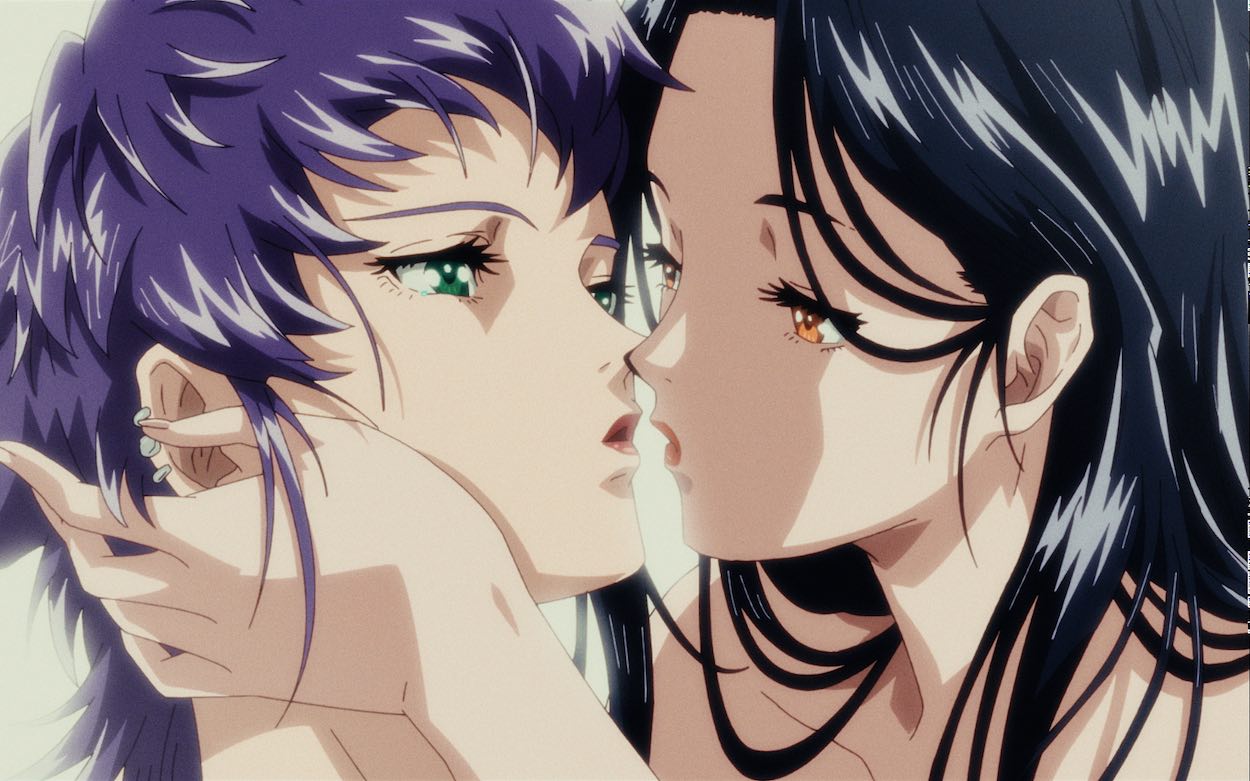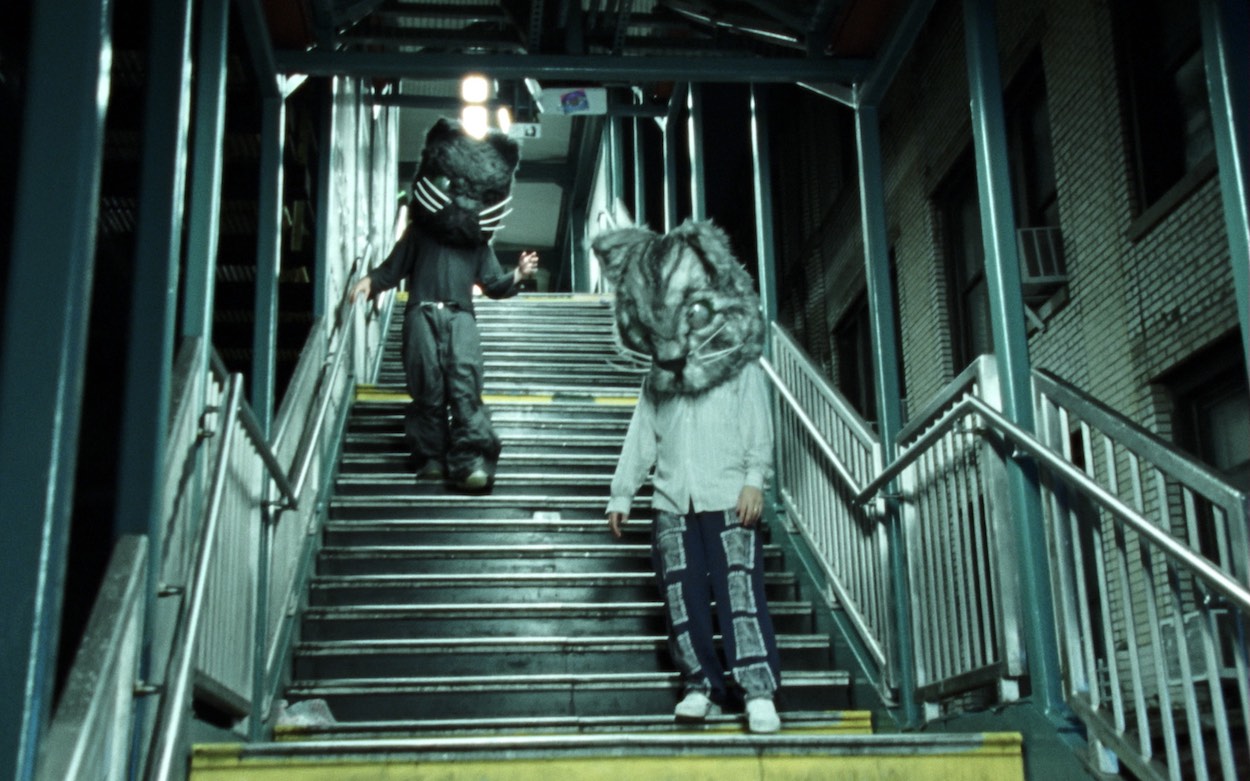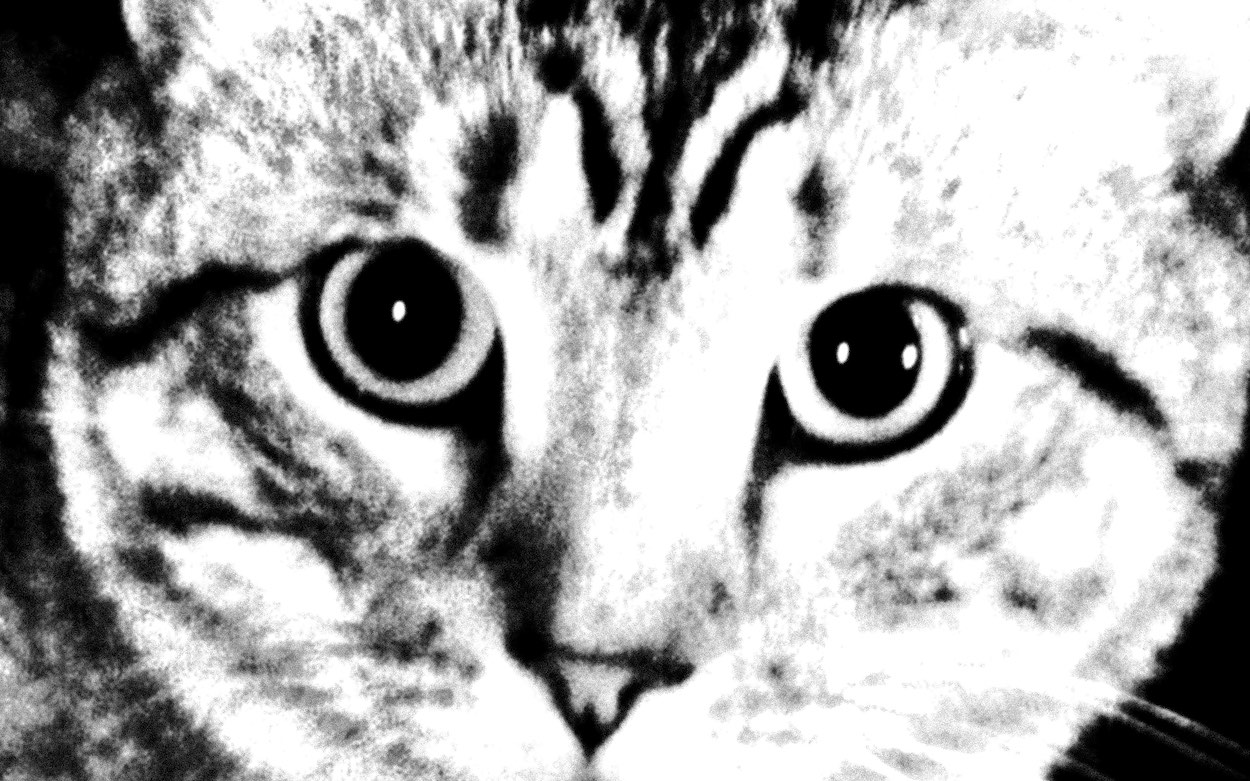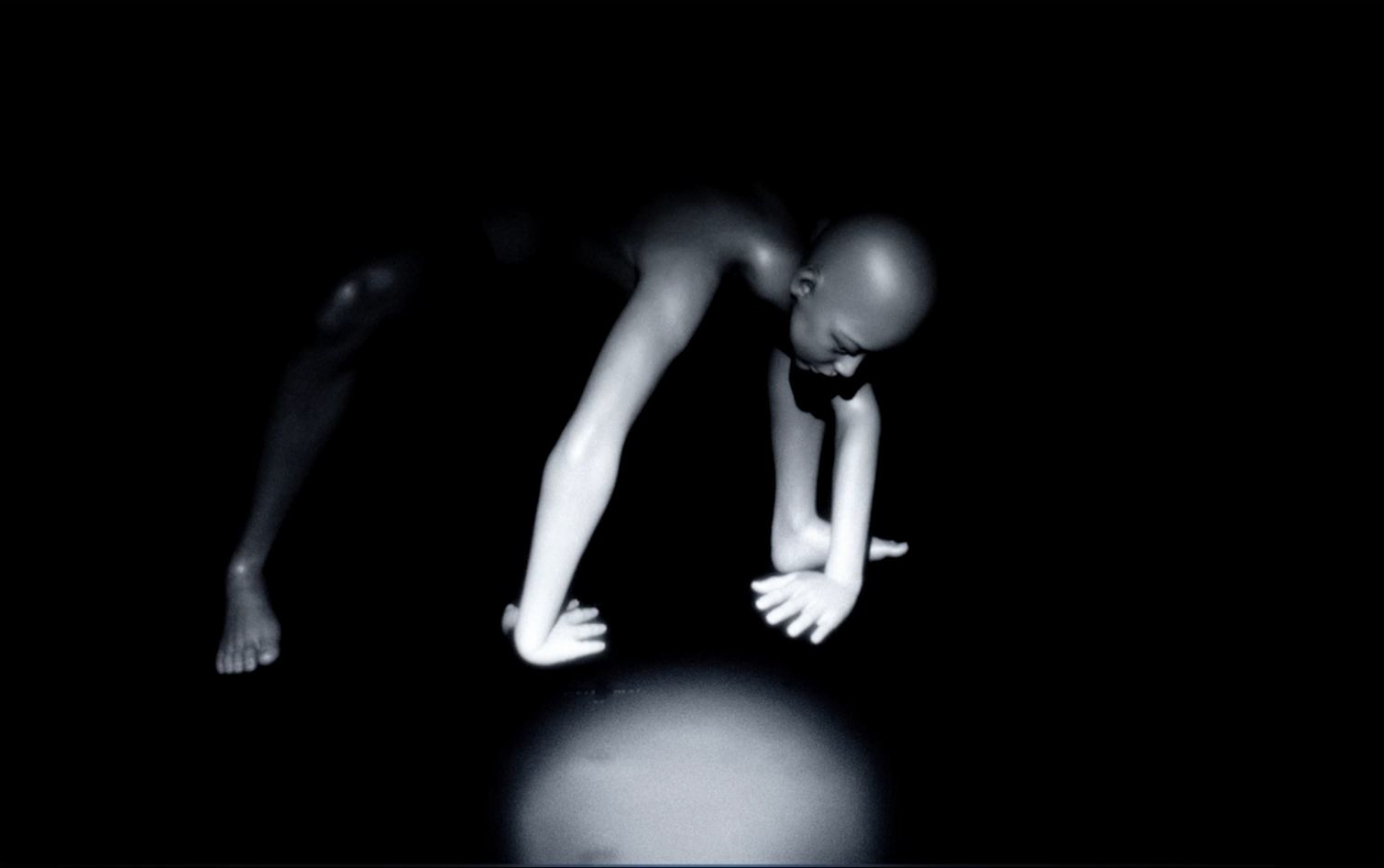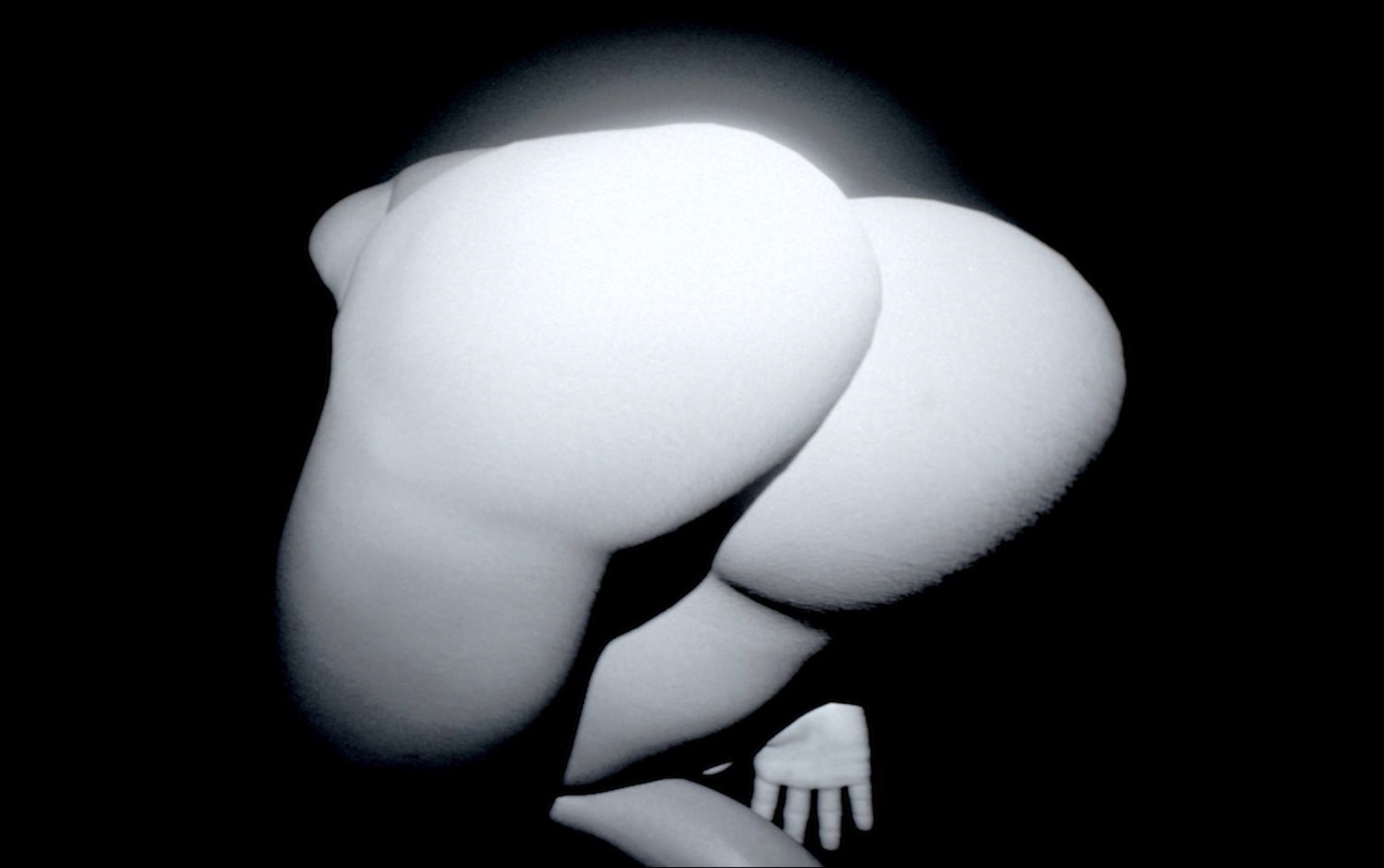Pau Carreté
Did you grow up in a creative environment? What are your earliest memories of creating something visual?
Yes, from a very young age I knew what I liked. I was lucky to grow up around artists and creatives. I remember filming and editing my school work in a documentary format, saving me the need to present a PowerPoint in front of the blackboard.
Your film for ‘Colmillo’ is a collage of a variety of footage – ranging from the artists performing to camera, close-ups of cars and explosions, cityscapes, to clips of 18+ hentai. Tell us a bit about how the various elements for this project first came about, and the significance of their inclusion in the final film.
CANADA director STILLZ had an initial idea that he passed on to me. Then for a moment, the project was put on hold and I won a few days to work on the concept, which was needed to move it more into my own territory. Everything starts when two cats meet by chance on a street, and we enter into a cross of glances. An unrequited love at first sight. We personify their thoughts, creating a similar situation between a girl and a boy, sitting in the subway. Also, there are two opposing spaces, black and white. Explosions put an end to this untenable situation, and we cross into another fictional dimension even further away. Living the inner world of each one. We used the fang as a leitmotif, taking a different approach to what the song refers to.
Colmillo
Given this range of elements and presumably an abundance of footage, did you find that constructing the film in the edit suite was more of a challenge?
Obviously, it wasn’t easy. I was very clear about the structure and the story I was telling, but yes, there was a lot of footage. The challenge was in making very good selections. Choosing only the necessary pieces for the puzzle. I was lucky to work with the masterful Aitor Bigas in the edit. We were working in express mode because the post-production time was very short.
Across your work you manage to portray a certain retro feeling, particularly in your use of bold primary colours and strong contrast in light and shade. Where do you think this attraction to nostalgia comes from?
Nothing is intentionally retro, but I like the contrast and shooting on film. My cinematographic references may lead me towards something more melancholic in some projects but I’m constantly changing and learning.
Colmillo
Shooting Guitarricadelafuente’s ‘A Carta Cabal’ must have been logistically challenging, as you were working with young talent, complicated camera choreography, and with many shots at night-time. What was the biggest challenge you encountered during production?
The truth is that the project itself was a big challenge, and for once the budget was not enough. The plan was almost too ambitious. The key to carrying it out was to find the perfect location, to be able to shoot a large number of shots in the same place, and to treat the town as if it were a maquette so that when we finished in a set, we immediately had the next ready, without a second unit having previously set up. Nothing was easy, but we stayed within the budget militantly and without having to cut anything from my initial idea. We couldn’t think about potential unforeseen eventualities. We had very few cans and a lot of gears, so the number of shots became very small. As for the children, it actually went very smoothly and naturally. I set up the sequences so that we wouldn’t have to cut them into shots; instead we approached it freestyle, filming real play situations.
Colmillo
You’re not afraid of dynamic camera movement, whether it’s a rapid push-in or a sweeping crane shot. To what extent do you plan your shot list in pre-production? Do you find that your plan often changes once you’re on set?
Of course, it changes. It depends on each project, but in the short format I like to create a reaction and stir up certain sensations in the viewer, or on the contrary, to pull towards the opposite. I usually start shooting with a vision of the piece inside my head. It’s fairly precise planning, a defined shot list, though I always leave parts for where improvisation could elevate the project. At the beginning of the project I created a simple structure, dividing it into groups, and imagined what I more or less wanted from each of them; in this way, I could turn up to the shoot with just a few lines on a piece of paper. It’s a good method, but you don’t always have the opportunity to work like that. This freedom allows you to create much more genuine things – and sometimes it’s difficult to think in front of a computer.
What’s next for you? Anything else you’d like to mention?
Right now, I’m starting to think about my new fashion film while working on my feature works. They are in the early stages at the moment but it’s exciting.
The End
Interview by Becca Nichols
CANADA website





